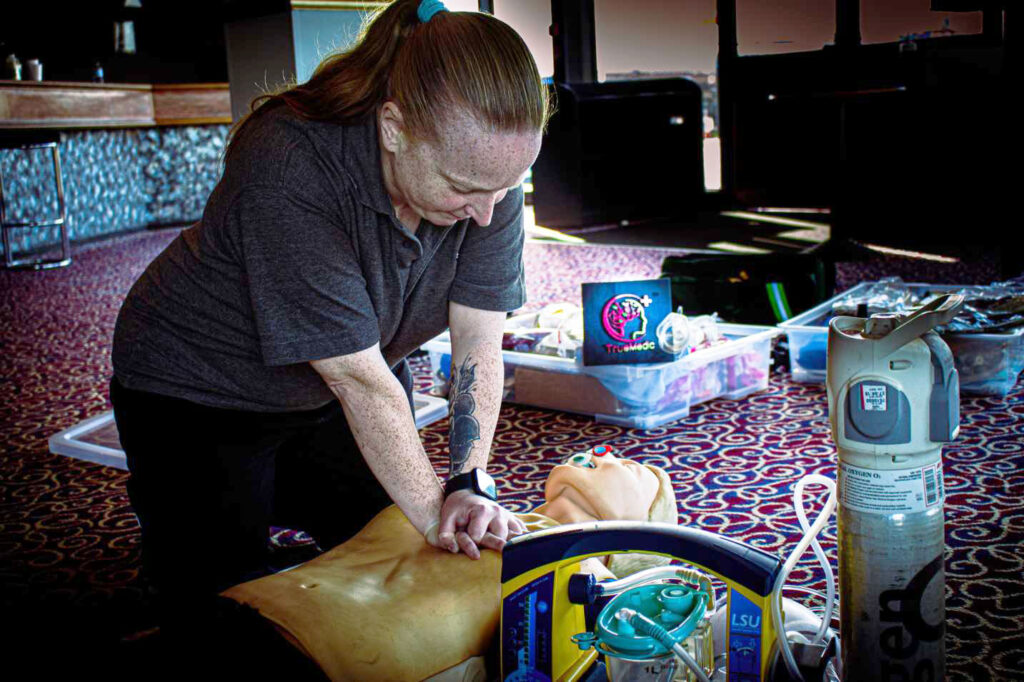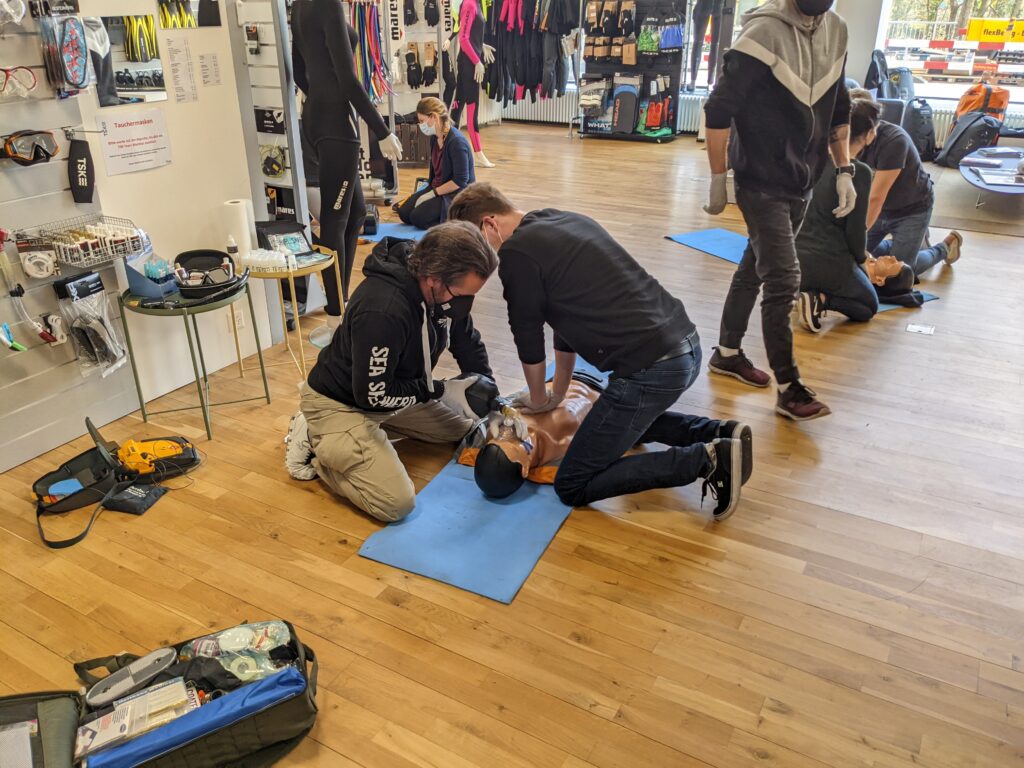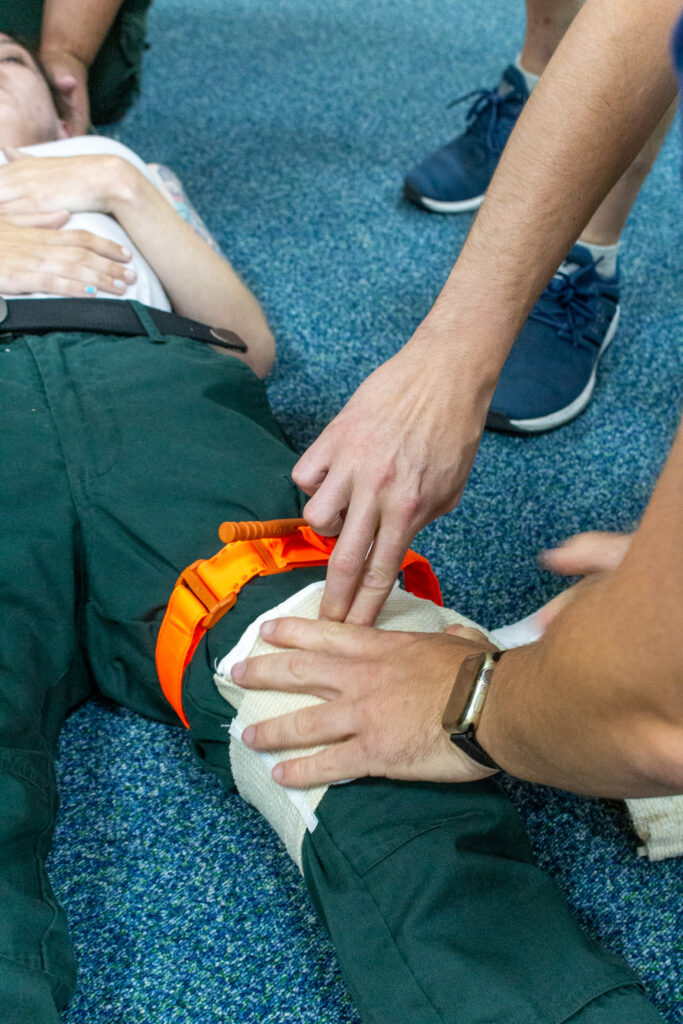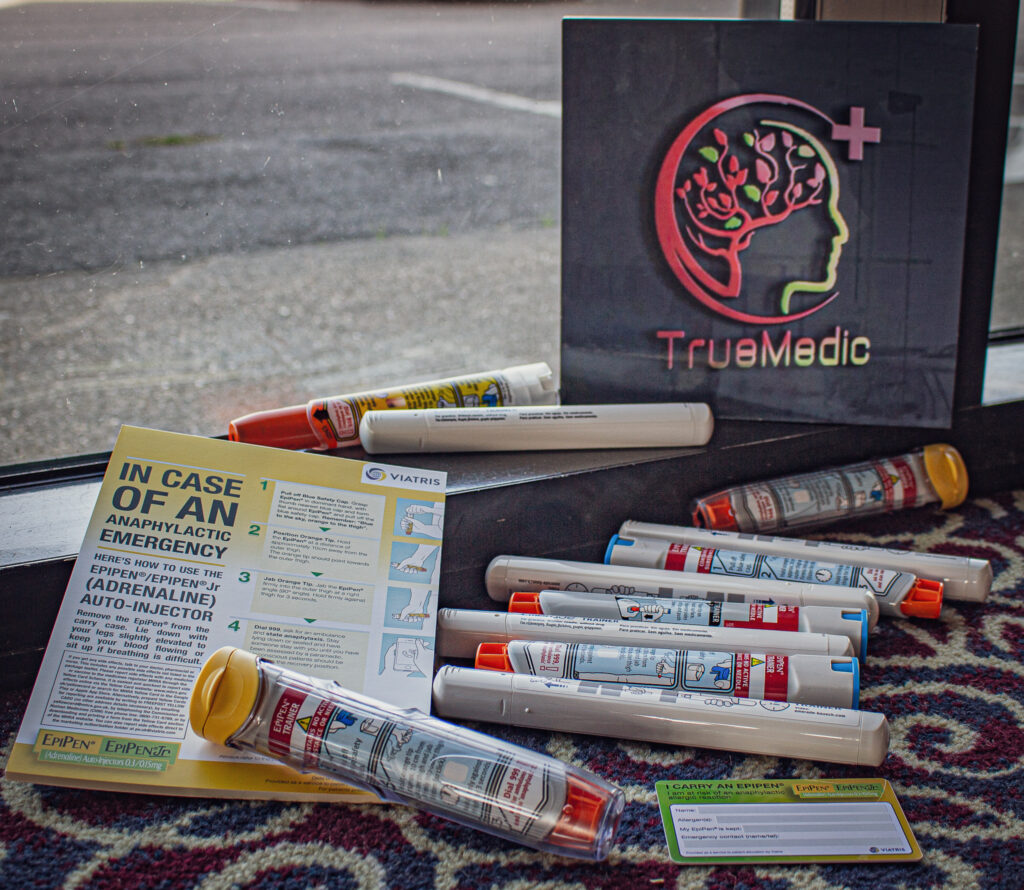Learning first aid and CPR are essential skills that everyone should have. However, many people are not aware of the lifesaving abilities of Immediate Life Support (ILS). This course provides practical training in emergency response, equipping you with the skills necessary to respond effectively to emergencies and save lives. By enrolling in an ILS course, you can learn how to protect those around you and be confident in your ability to respond effectively in an emergency.
Immediate Life Support (ILS) is what you need when time is of the essence. It’s a course designed to give healthcare professionals all the skills and information they need to act quickly and decisively in emergencies, helping to ensure the most favourable outcome for their patients. This specialized knowledge has been honed over time and belongs at the forefront of medical care, making it highly desirable.
Becoming an ILS-trained professional doesn’t just give you an edge in your career; it also shows you have what it takes to handle difficult situations while consistently providing quality care. TrueMedic Ltd. is here to procure this highly-valued course, and we’re proud to ensure you have the skills you need to help protect people in your care.
This blog post will discuss the basics of ILS and explain why this course is so vital for healthcare professionals. So let’s dive in!
ILS- Immediate Life Support Course | A Basic Overview
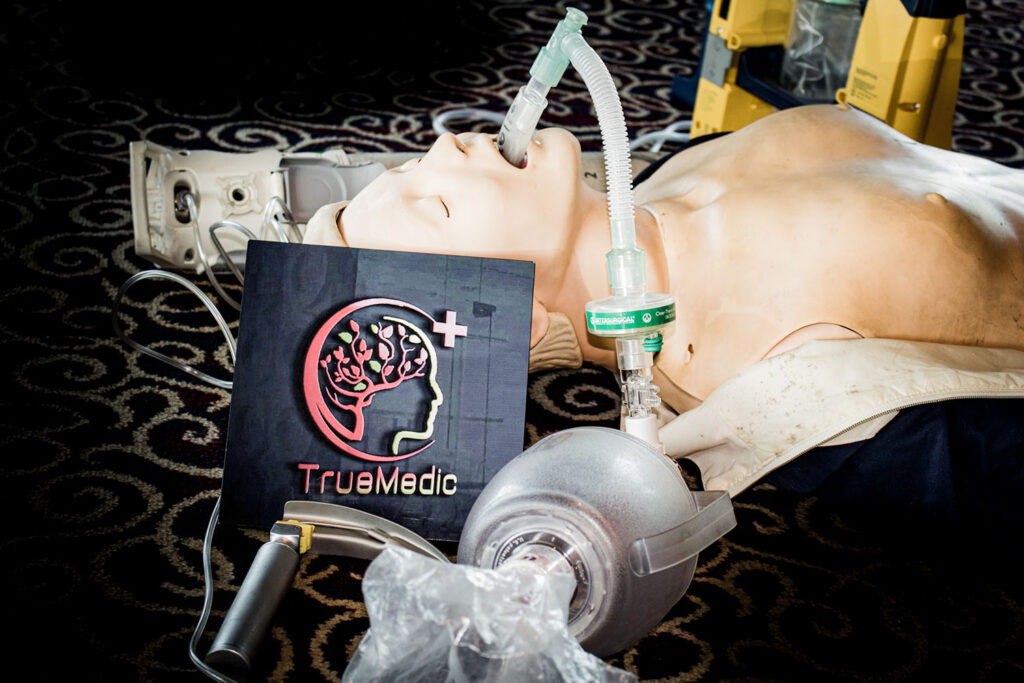
In 2002, healthcare professionals needed to gain the required knowledge and skills in the emergency creation of ILS. This program has since become one of Britain’s most popular courses, with a staggering 100,000 people receiving training each year. [1]
When you sign up for the ILS course, you will be taught the principles of initial assessment, basic life support skills, and advanced skills such as defibrillation.
Once you have completed your ILS training, you’ll be equipped with the knowledge and techniques to help a person in distress during a critical medical emergency.
You’ll learn to assess the patient’s condition, provide immediate treatment and begin resuscitation. You’ll also be trained in various medical scenarios, from cardiac arrests to choking incidents.
ILS certification is a renowned accreditation, accepted throughout the UK, EU, and Australia, and is valid for 1 year. [2] This certification lets you act quickly and confidently in emergencies, providing optimum patient care.
Course Structure And Programmes

Candidates that sign up for this course receive hands-on training, which experienced medical professionals deliver. The following topics will be covered in the ILS program: [3]
-
Understanding Of Basic Life Support
The ILS course structure and associated programmes provide comprehensive guidance on basic life support techniques, focusing on preserving life. It educates the public and healthcare professionals alike in the core principles of resuscitation, emphasising resuscitation chain drills, airway management, adequate ventilation, and circulation support.
By achieving competency across all these critical areas of knowledge, individuals become more competent to act promptly in a cardiac arrest situation. Therefore, participants gain a valuable understanding that could one day be used to save a life.
-
Causes And Prevention Of Cardiorespiratory Arrest
In this module, you will learn about the causes of cardiorespiratory arrest and how to prevent it from occurring. You’ll explore the most common types of cardiac arrests, such as ventricular fibrillation, pulseless electrical activity, asystole, and more.
Furthermore, you’ll become familiar with the signs and symptoms of an impending cardiac event and receive training on defibrillators.
-
Defibrillation And Monitoring Techniques
This program section provides an understanding of the process and safety measures associated with defibrillation. You’ll learn when to initiate CPR, how to operate a defibrillator, where to place electrodes on the patient’s chest, and more. You’ll also gain an understanding of advanced monitoring techniques such as pulse oximetry and capnography.
-
Early Recognition Of Deteriorating Patients
Immediate life support doesn’t just focus on immediate resuscitation. It also helps healthcare providers to recognise the signs of a deteriorating patient and respond as quickly as possible with appropriate treatment.
This module introduces you to common signs of deterioration, such as pulse and oxygen saturation changes.
-
Airways And Ventilation
Regarding Immediate Life Support, there’s nothing more important than mastering the basics of airway and ventilation management. You will also learn to use advance airway adjunct such as I-Gel, which considered as very effective tool in pre-hospital care to secure airway. The unrivalled ILS program gives users the tools to build an extensive understanding of this complex and critical concept.
Through instruction on principles such as practising proper positioning and bag valve device usage, participants gain a comprehensive education in life-saving techniques from well-recognized international curricula.
-
Post-Cardiac Arrest Treatment
The Immediate Life Support program also teaches participants how to treat a post-cardiac arrest patient. Through real-world case studies and simulated scenarios, you’ll gain an understanding of the different treatments available for a wide range of common medical emergencies.
You’ll learn about therapeutic hypothermia, pharmacological treatments and other interventions to help patients recover.
-
ALS Algorithms
The ILS course structure offers guidance on ALS algorithms, which should be employed when providing life-saving care. You’ll become familiar with the chain of survival design and learn how to recognise different cardiac arrhythmias from analysing rhythm strips. This module will also teach you about advanced airway management using supraglottic devices and end-tidal CO2 monitoring.
This comprehensive program consists of interactive sessions, practical assessments, and theoretical courses designed to equip healthcare professionals with the necessary knowledge and skills to respond swiftly and efficiently in emergencies. We at TrueMedic Ltd aim to ensure that the content of this program is relevant, up-to-date, and easy to understand so that all learners can benefit from it.
Who Is This Course Suitable For?

This course suits healthcare professionals in pre-hospital, primary, and secondary care settings. It will benefit anyone who delivers or manages clinical care or those responsible for responding to medical emergencies. It is also ideal for those who provide training in life support.
The Immediate Life Support program from TrueMedic Ltd is designed to help healthcare professionals develop a deeper understanding of cardiac arrest and other medical emergencies and the skills needed to provide advanced patient care.
Nurses, midwives, and other healthcare professionals can benefit from this program by better understanding the principles of resuscitation. Some Dentistry professionals are also eligible to take this course.
This course is also an excellent for your yearly CPD to keep your FREC4 qualification valid.
ILS Course by TrueMedic Ltd.
TrueMedic Ltd provides an extensive range of courses and programs for healthcare professionals. All our courses are designed to equip practitioners with the knowledge and skills to provide patients with up-to-date, evidence-based care. We have a dedicated team of experts who update our training modules regularly in line with current clinical guidelines.
Our Immediate Life Support program is designed to give healthcare professionals an all-encompassing education on the principles of resuscitation and related topics. With support from our expert team, we provide a comprehensive learning experience to help you become more proficient in delivering advanced patient care.
If you have any questions about this program or our other courses, please don’t hesitate to get in touch. We look forward to hearing from you.
FAQs
-
How many CPD points is an ILS course?
Our ILS course is esteemed, earning up to 5 continuing professional development (CPD) points.
-
Does ILS include training?
The course surpasses the BLS training, providing a deeper understanding of diagnostic techniques and fundamental knowledge in advanced airway management. Furthermore, you will learn to identify ECGs quickly and safely and apply automated or manual defibrillators for emergency resuscitation procedures.
-
Why should I attend an ILS course?
The Immediate Life Support (ILS) program provides healthcare professionals with an accredited, high-quality education on the principles of resuscitation and other medical emergencies. It enables practitioners to deliver advanced patient care and respond promptly and efficiently to emergencies. If you want an in-depth understanding of how to respond to medical emergencies, then the ILS course is ideal.
-
What is the difference between ALS and ILS?
Advanced Life Support (ALS) is an upgraded Immediate Life Support (ILS) version. While ILS covers the basics, ALS provides a deeper understanding of medical emergencies and and life-saving interventions including administration of intravenous drugs and securing IV access. It also teaches learners to identify ECG abnormalities quickly and accurately and competently operate cardiodefibrillator.
References:
[1]https://www.resus.org.uk/training-courses/adult-life-support/ils-immediate-life-support
[2]https://www.protrainings.uk/courses/159-immediate-life-support-ils

